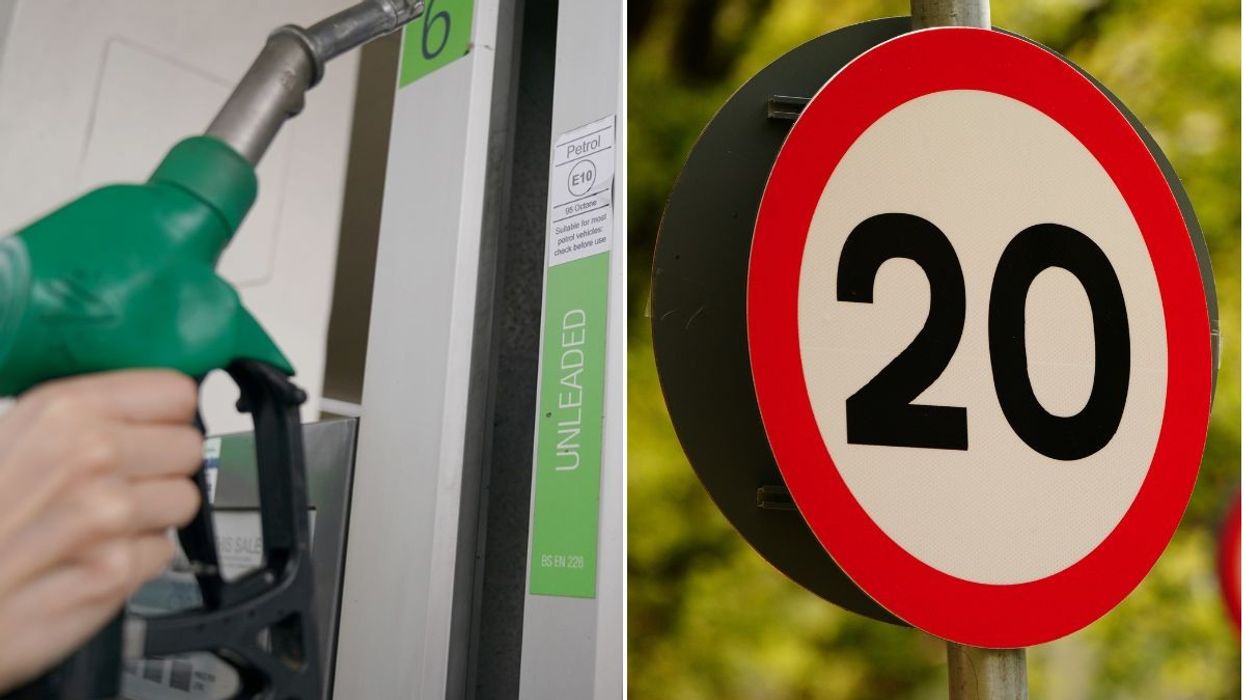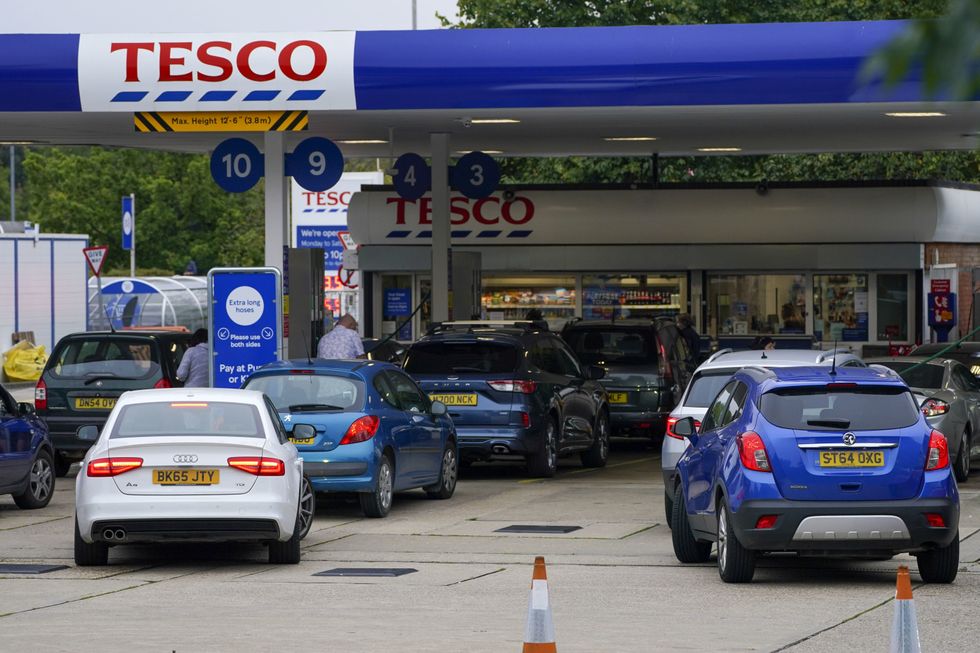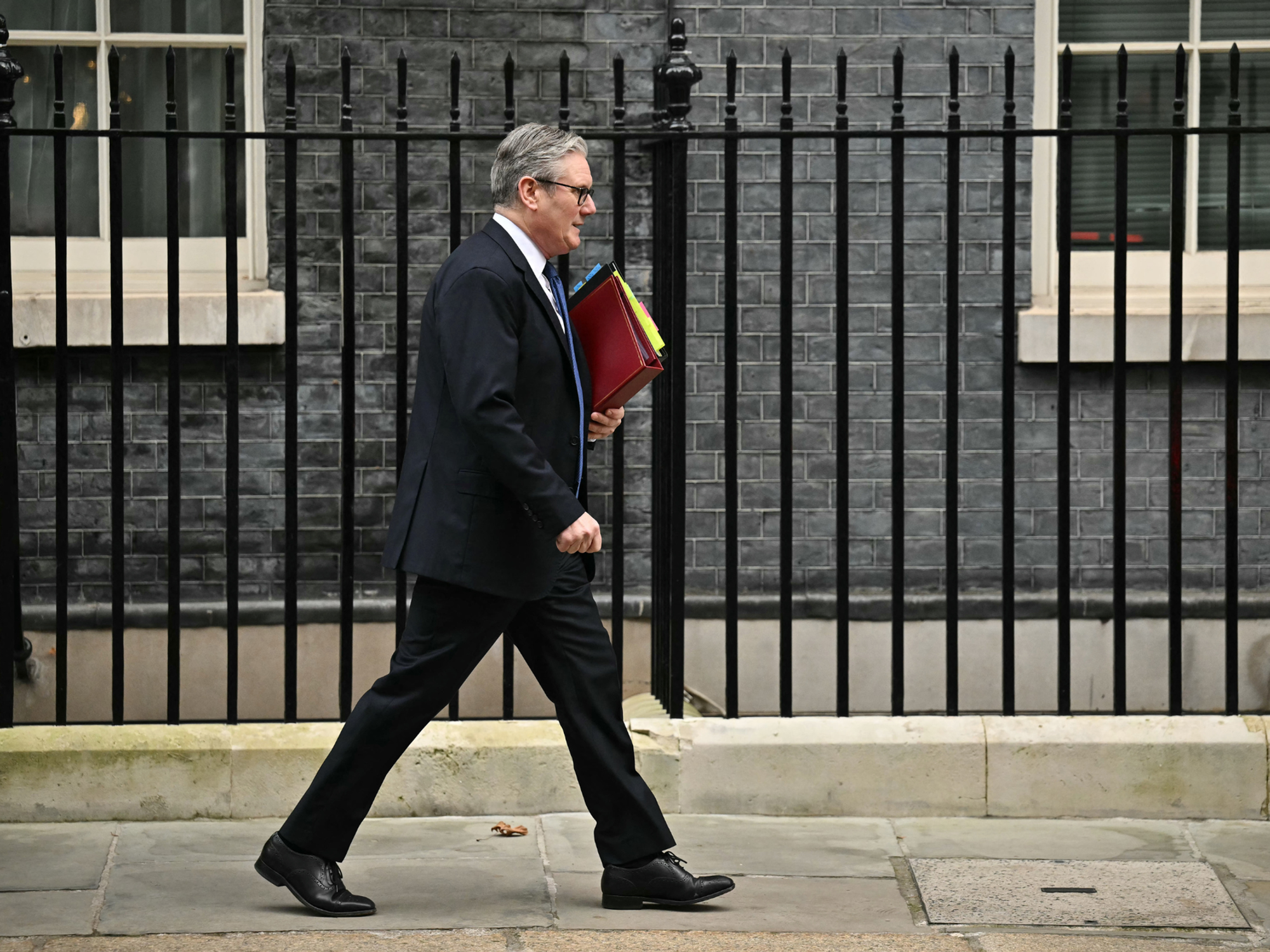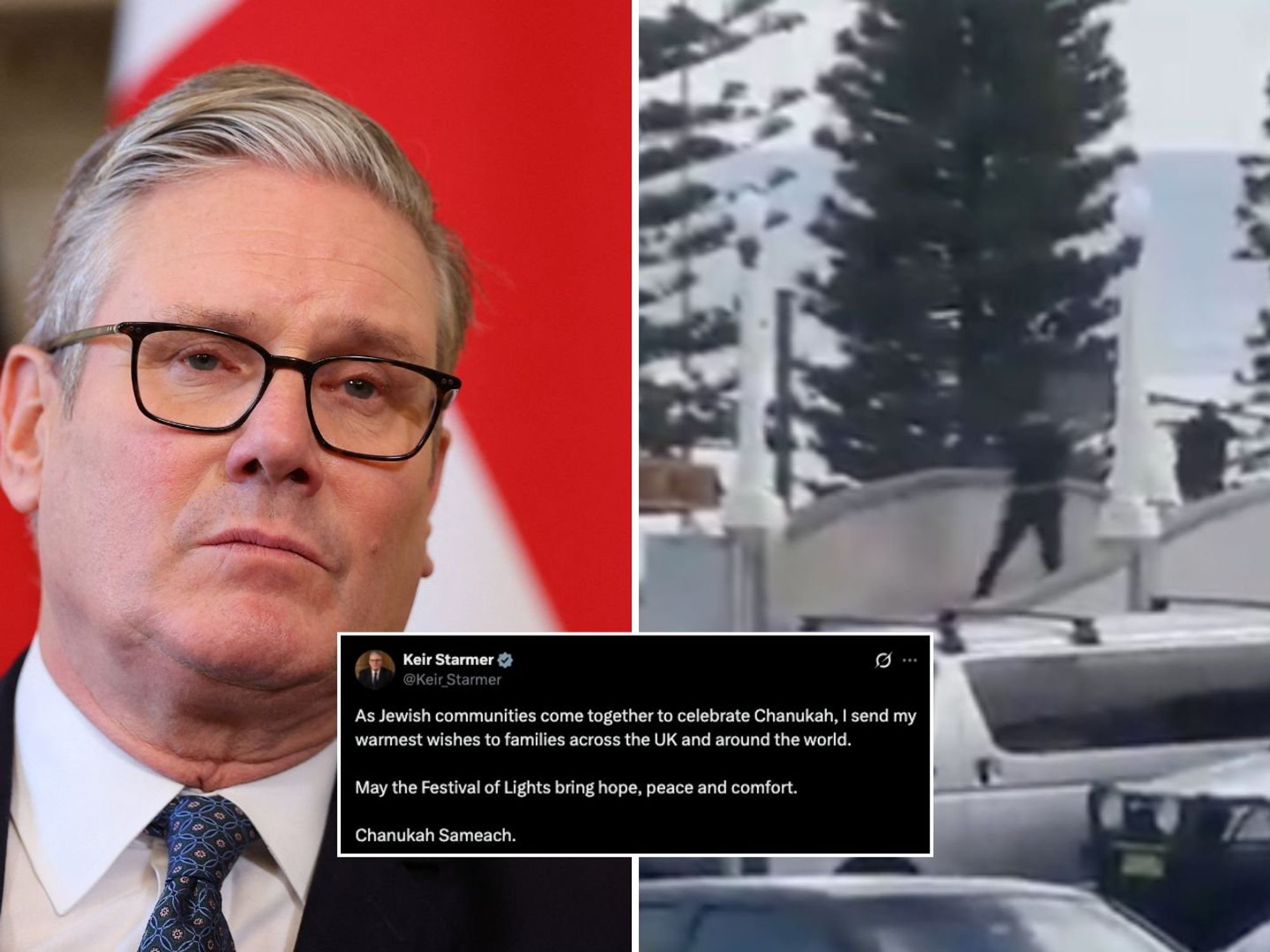Britons fear Labour will launch new car tax changes, more 20mph zones and 'Big Brother' cameras on roads

Drivers believe Labour will hike fuel duty rates and increase the number of 20mph roads
|PA

Many British drivers believe Labour will implement new car tax systems
Don't Miss
Most Read
A majority of Britons believe that a new Labour Government would look to increase the rate of fuel duty and introduce a pay-per-mile system of taxation if they win tomorrow's General Election.
According to a new poll, drivers across the country believe a Labour Government would oversee cost rises within motoring, despite most motorists believing that no political party best supports UK drivers.
Almost two-thirds of drivers (63.7 per cent) think Labour's political plans involve increasing the rate of fuel duty, while 71.3 per cent think Labour will look to change the current system of car tax.
The Conservative party have targeted Labour in recent months, saying that Keir Starmer's party would introduce a system of pay-per-mile taxes, which have proved unpopular with motorists in the past.
Do you have a story you'd like to share? Get in touch by emailing motoring@gbnews.uk

Keir Starmer said he would take fuel duty on a budget-by-budget basis
| PALabour has consistently rejected these claims, saying that it has no plans to immediately change the system of tax.
Of the 38,772 respondents to the FairFuelUK online opinion survey, more than six in 10 think Rachel Reeves will increase the rate of fuel duty in her first Budget, if Labour secures an election victory.
The Conservative Government originally cut the rate of fuel duty by five pence per litre in 2022 in response to the Russian invasion of Ukraine, before being frozen again in 2023 and 2024.
Keir Starmer recently spoke to GB News Political Editor Christopher Hope about fuel duty, saying: "Obviously we are very sensitive to this because we know how impactful it is.
"Every year we’ve supported the position of keeping that frozen. It’s a budget-by-budget issue but I would say to anyone with concerns on this to check our track record.
“We’ve always said freeze the fuel duty. That’s our long history and we do it for a purpose.”
Almost seven in 10 motorists think Labour will also increase the number of zones where 20mph is the default speed limit, as has been done under the Labour Government in Wales.
In September 2023, all restricted and residential roads in Wales were changed to see the average speed limit drop to 20mph in a bid to boost road safety and promote active travel methods.
However, this was met with intense scrutiny from drivers across the nation, forcing the Government into an embarrassing U-turn, with plans set to be scrapped for the majority of roads later this year.
Commenting on the results of the opinion poll, Howard Cox, founder of FairFuelUK, said: "The nation’s public is sleepwalking into a Starmergeddon of political uncertainty and economic deceit. In particular, motorists are being hoodwinked into believing the imminent Labour Government has suddenly found a new love for the UK’s 37 million drivers. They most certainly have not.
"I have successfully thwarted the Treasury's proposed increases in fuel duty. Without the collective efforts of FairFuelUK supporters, we would be paying over 50p per litre more at the pumps. Yes, that’s right. Our grassroots pressure on MPs and Ministers has been instrumental in preventing a crisis in inflation and jobs.
"With the Liberal Democrats and the Greens as the purported opposition, Labour will also launch stricter emissions targets, an explosion of Ulez [schemes] across the UK, sophisticated ‘Big Brother’ camera detection, low traffic neighbourhoods, more oversized cycle lanes, biased-based parking charges, 15-minute cities, and higher public transport fares."
LATEST DEVELOPMENTS:
- Driving law changes set to have huge impact on Britons - Car tax, fuel duty, Clean Air Zones and more
- Cars getting heavier with more SUVs and electric vehicles on the road prompt fears parking costs may spike
- Sadiq Khan's Congestion Charge to see 100,000 drivers hit with huge daily costs under new rules

Keir Starmer is aiming to become the new Prime Minister
| PAAn overwhelming majority of FairFuel members also believe that Labour will bring forward the date to achieve net zero from 2050 to 2030 - which would bring the UK in line with Mauritania, the Maldives, Dominica and Barbados.










